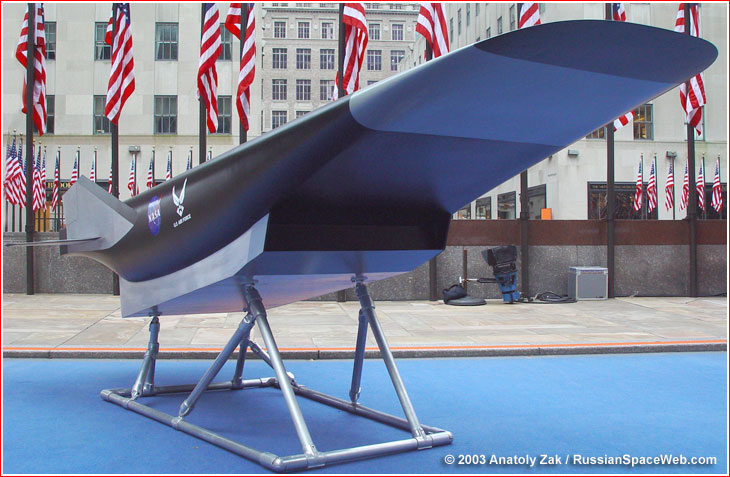

This is simply one of the first steps towards US-China decoupling.
The US knows that it cannot contain China, cannot stop China from technologically surpassing itself. But the US still controls the global tech industry market, and China is still distances from transitioning away an export-led economy.
That’s why the US is specifically targeting Huawei. These targets were very specifically and strategically chosen. They want Huawei to succeed in developing their native technology and architectures, so down the road the US can simply force the rest of the world to choose between Apple/Google ecosystems, or the Chinese Harmony ecosystem, citing technical incompatibility between the two (many US government agencies already have a strict requirement regarding technology use involving Chinese components).
The global tech sector has far too much invested in and have their entire operations built around the existing Apple/Google/Amazon ecosystems so it will become very painful and costly to make the switch even if a superior Chinese alternative is available. At the end of the day, if you want to earn dollars, as a business, you’d have to weigh how much you’d be willing to risk losing (especially against your competitors) when the US declares that use of native Chinese technology is no longer accepted in your business dealing with them.
This Tiktok debacle is really just setting up the legal precedences for what they actually intend to commit to in their strategic planning down the road.
To understand the landlord empire, you need to think like a landlord. Microsoft did not dominate the consumer market because they made the best products, but because they were the best at using legal means to stop their competitors from penetrating the market.




Yes, and that’s why the US is going to make it very difficult for them to do so.
Businesses don’t just exist in a vacuum. They have suppliers and vendors and collaborators and customers, the entire chain of which most have been locked into more or less the same ecosystem, and taking a leap of faith to completely switch over to an entirely different ecosystem alone is going to be very costly especially if the US declares very stringent rules that you have to follow.
Of course, companies can opt out of doing business with the “Western world” (and I think this kind of “regionalism” is where the world is heading towards) and stick to Asian businesses that are already under the Chinese sphere, but it’s going to make a lot of international businesses think twice, whether such changes will be worth it for their businesses (we’re talking about replacing hardware, revamping existing protocols, retraining staff etc.)
And here’s the kicker: China as long as it remains an export-led economy will need to make profit from exports to maintain their growth, and if international demand for their technology is dampened for political reasons, then it ends up hurting China’s technology sector.
The US knows this, probably their only chance at creating substantial damage to China, and will play this card as relentlessly as it can.
China’a only way out is to transition into a domestic consumption economy to shake off the US control, and that’s why the US is only sanctioning Huawei, and not other mobile phone manufacturers because they want China to keep relying on export for their plan to work. Sanctioning all the Chinese companies at the same time is only going to accelerate China’s move toward an internal circulation model, which is the US’s worse nightmare because they can no longer exert their control over China.
Meanwhile, Huawei has been forced to retreat “back” to China and has been destroying its competition at home, allowing Chinese native technology to flourish, while the competitors have retreated “out” to the overseas market to displace Huawei’s position there.